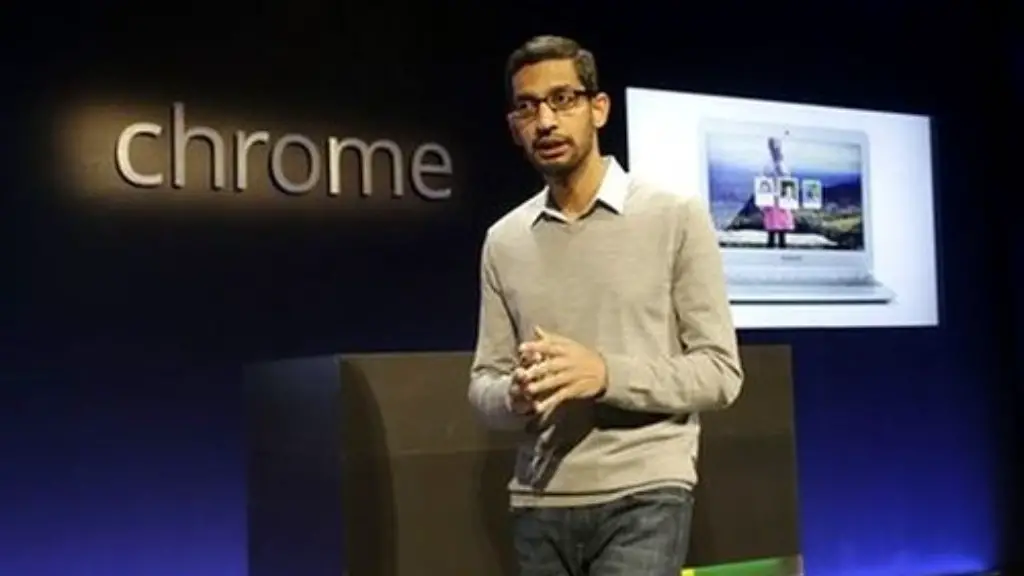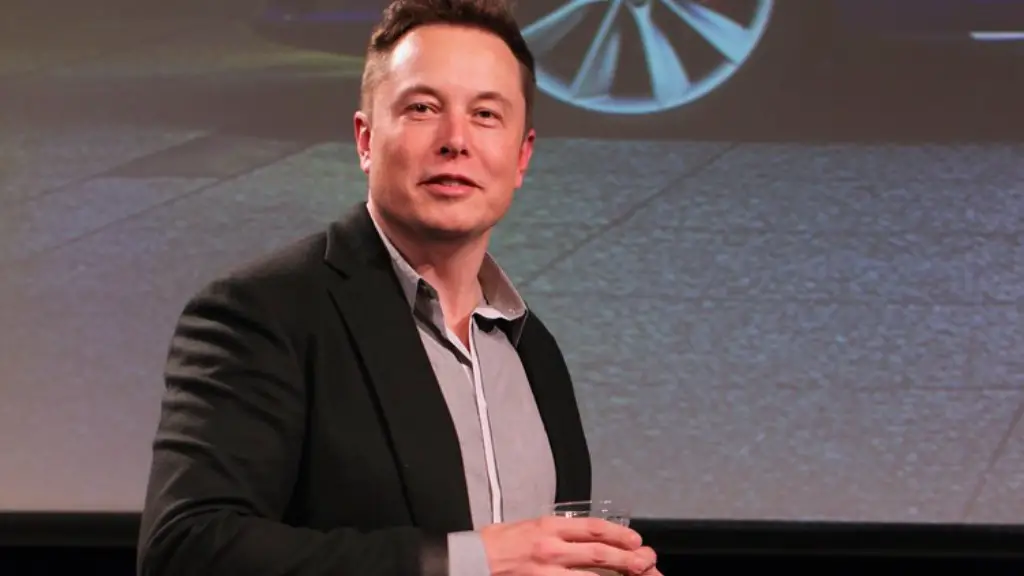Love him or hate him, there’s no denying that Mark Zuckerberg has been an extremely influential and powerful figure in the world of technology. But why does almost everyone seem to hate Mark Zuckerberg? It’s not too hard to find out.
First and foremost, much of the hate surrounding Mark Zuckerberg is rooted in the idea that he is a dangerous influence on the younger generation and social media. Many experts have pointed out his involvement in the 2016 election and their fear that he could interfere in future elections too.
Mark Zuckerberg’s wealth and power are also a source of resentment. As one of the wealthiest people in the world, and the CEO of one of the most powerful companies in the world, it’s understandable why people would be wary of him and his influence.
Facebook’s track record on user privacy is also a cause of widespread antipathy. The Cambridge Analytica scandal of 2018 brought Facebook’s privacy practices into light and revealed how much information Facebook was collecting—or rather, selling—about users. This exposed the company’s lack of transparency in the way it handles data.
Critics say Zuckerberg has presided over a company dominated by toxic culture and bogus policies. This can be seen in the way Facebook handles content regulation, censorship and hate speech. Some believe that, more often than not, the tech giant sides with dictators and authoritarians when it comes to censorship.
Beyond these issues, many also consider Zuckerberg’s ‘unfortunate’ leadership style as another factor for his widespread ill-will. According to reports, Zuckerberg has repeatedly ignored the views of certain stakeholders and ‘silenced’ them, leading to further animosity among the public.
Finally, it is not just the ‘ordinary’ joe who thinks less of Zuckerberg. Even tech giants such as Apple CEO Tim Cook and Twitter CEO Jack Dorsey have taken shots at Zuckerberg, calling him out for Facebook’s bad practices.
In Impact On Society
In general, Mark Zuckerberg’s influence on society has been questioned. He has long been criticized for fueling ‘filter bubbles’ and ‘echo chambers’ by allowing the perpetuation of one-sided opinions and views. This has been used to manipulate public opinion, thus rendering the democratic process moot.
Furthermore, many argue that the social media revolution, which Zuckerberg has spearheaded, makes people’s online habits easier to monitor—and control. This could be seen as detrimental to freedom of speech, which Zuckerberg and Facebook are allegedly ‘restricting’.
Moreover, many believe that Zuckerberg’s social media empire has been a cause of mental health issues and loneliness. The use of Facebook, Twitter and other platforms already shows an increase in ‘FOMO’, or ‘fear of missing out’. This phenomenon can leave people feeling isolated and inadequate, and has been linked to the development of depression.
Finally, a lot of criticism for Zuckerberg is also based on his unwillingness to take responsibility for his mistakes. He has been known to make apologies for Facebook’s wrongdoings—but without making any substantive changes. It has been argued that this is just a way to protect himself and the company from criticism and from taking blame for their mistakes.
In Financial Performance
When it comes to Facebook’s financial performance, many are inclined to point the finger in Zuckerberg’s direction. Despite the company posting record profits in recent years, many investors and analysts have pointed out that the company’s growth is slowing down and have blamed Zuckerberg for it.
Due to the multiple scandals faced by Facebook, users have been flocking to other popular social media networks such as Snapchat and Instagram. This, in turn, has put downward pressure on Facebook’s revenue.
Furthermore, Zuckerberg has also been criticized for his aggressive acquisitions of other companies. While these acquisitions may seem lucrative at the time, they can often be ineffective in the long run. For example, Facebook’s acquisition of WhatsApp was seen to be a huge success but, five years on, the company is yet to return a profit—leading to more criticism for Zuckerberg.
He has also been taken to task for his plan to circumvent government regulations by creating a new class of Facebook shares. Once this plan is implemented, Zuckerberg’s voting power will increase substantially. This has led to investors and government regulators raising the alarm.
In Business Practices
Mark Zuckerberg has also been accused of extending Facebook’s reach through questionable means such as data harvesting and deceitful tactics. For instance, in 2016 Facebook was accused of collecting data from users’ contacts and storing it without their knowledge or consent.
Moreover, Zuckerberg has been criticized for failing to address issues regarding ‘fake news’ and Russian influence. Facebook was caught off-guard when it was revealed that it had been used as a tool for spreading propaganda and misinformation during the 2016 presidential election. Critics say Facebook has not done enough to prevent this from happening again.
Furthermore, Zuckerberg has also been accused of ‘copying’ other companies’ products and features. Due to Facebook’s size and influence, companies such as SnapChat, Instagram, and many others have been unable to compete with Facebook’s ‘me too’ products, forcing them out of business.
Finally, Zuckerberg has also been criticized for taking advantage of countries with weak regulations. In areas such as India and Indonesia, Facebook has become a virtual ‘oligarch’, able to influence policy and decide what people are allowed to see or not see. This has led to authoritarian-style censorship, and garnered further criticism for Zuckerberg.
In Personal Life
Many people are also highly critical of Mark Zuckerberg’s personal life and how he conducts himself. Some say he is too humble for his own good, while others criticize his ‘uncaring’ attitude towards his employees.
In addition, there have been reports that his family members are displeased with certain decisions he has made, such as his allegedly ‘overly casual’ dress code for employees. Despite his wealth and power, people have been unimpressed by his lack of respect for colleagues and subordinates.
Furthermore, some have also said that Zuckerberg’s public appearances have done little to promote the public’s opinion of him. He has been described as ‘aloof’, ‘arrogant’ and ‘too wealthy to care’. His refusal to comment on certain issues, or his awkward body language, have not helped to quell criticism either.
Finally, Zuckerberg often comes off as someone who has little or no empathy for the public. For example, his refusal to appear in person to testify about Facebook’s privacy issues led to further distrust of him and his business


